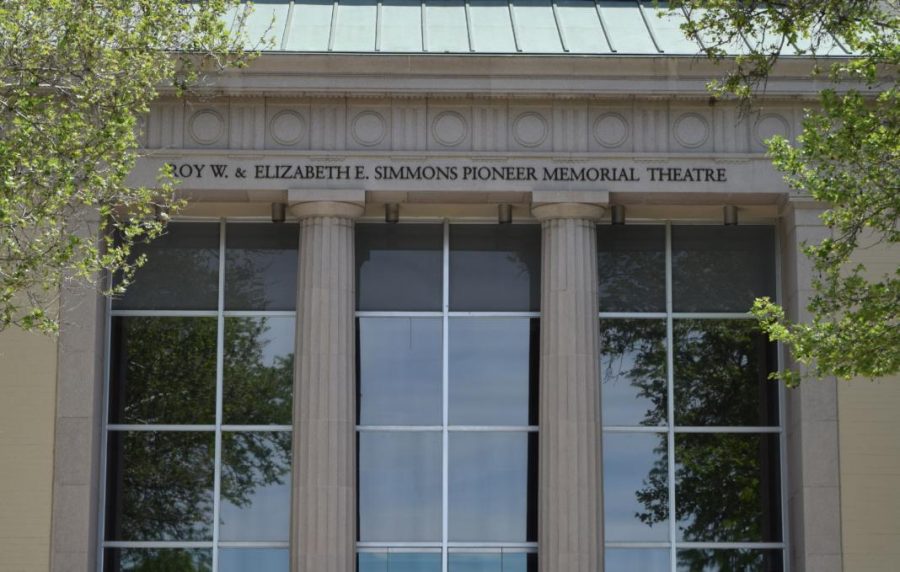College is training for the real world. Except when it isn’t. Four years of specialized learning, or more if you go to graduate school, prepares students for some aspects of the working world, but what most employers look for is experience. Paired with a degree, experience is key to opening doors to the career of your dreams. The first step to earning experience? Internships.
For the arts, internships are helpful in getting the experience necessary to enter the workforce, creating connections that may later aid in getting a job and tend to be more creative or fun than expected. These internships span a wide array of careers and opportunities while giving students a behind-the-scenes look at what working in the arts requires.
Pioneer Theatre Company, for example, provides opportunities for interns to learn about a myriad of behind the scenes work that goes into putting on a production.
“While working there I had three main responsibilities: company management, administration, crewing … For company management, I worked under the lovely Amanda Bowen, company manager at PTC,” said Katryna Williams, a student in the Department of Theatre at the U. “I had to do things such as organize actor housing, drive actors to the airport/grocery store and run auditions. Administrative duties included helping Karen Azenburg, artistic director of PTC, organize headshot/resumes and plays and make copies of audition sides. I also had to work on the crew for ‘Comedy of Tenors.’ I worked backstage helping to move set pieces and hand off props.”
Not only were interns taught administrative aspects of production, they were also given the potential to perform with PTC.
Williams said, “While performing was not a guaranteed aspect of the internship, I was cast in Newsies and had the opportunity to perform and learn an understudy track.”
In learning about these processes, students gain an understanding of the possibilities beyond their expectations of what working in their field may entail while providing them with opportunities to further their careers.
“You have to have a 360-degree understanding of how a theater is run in order to really know your place and to become a better artist and human being. … After seeing many auditions and seeing what it takes for a professional theater to want to work with you, I’ve applied and have been offered a spot in a training company at a Tony award-winning theatre upon my graduation from the program.” said, U student, Ashley Patlan. “The chances of this happening without this experience, I think, would have been significantly smaller.”
Though internships are beneficial and provide a glimpse into the reality of the workplace, internships can be hard to balance with school. Patlan took several online courses to make her internship work with her schedule, and, fellow student, Cece Otto was lucky enough to have a flexible internship at UtahPresents — as “a multi-disciplinary presenter at the [U,]” according to their website — and was able to work with her professors to excuse her from classes when her internship with PTC required it. No matter the difficulty, though, many interns find the experience to be a positive one.
Students interested in getting an internship with theater outreach programs or the arts should meet with career services for more information on local opportunities year-round.
j.eggleston@dailyutahchronicle.com
@ladyofth3lak3


